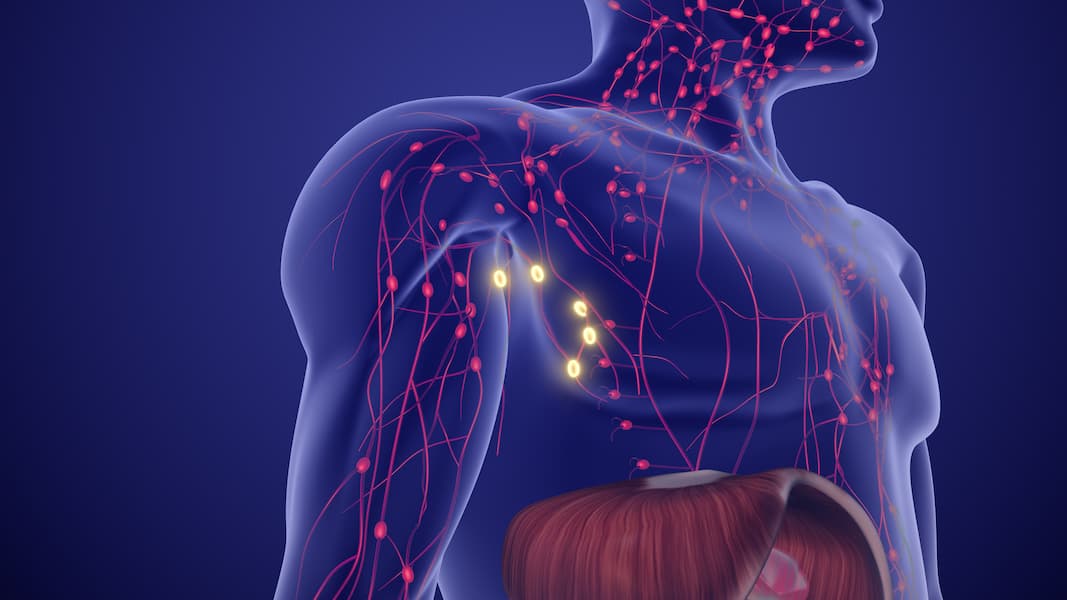Understanding NCDs in India Today
Learn about Non-Communicable Diseases (NCDs) in India—their causes, symptoms, prevention, and management tips. Early action can help reduce serious health risks.

Written by Dr. J T Hema Pratima
Reviewed by Dr. Dhankecha Mayank Dineshbhai MBBS
Last updated on 4th Aug, 2025
.webp?tr=q-80,f-webp,w-350,dpr-2,c-at_max 700w)
Introduction
Non-Communicable Diseases (NCDs) are a growing health concern in India, affecting millions of people every year. Unlike infections or contagious diseases, NCDs develop slowly and are often long-lasting, requiring continuous care. If you or a loved one has been diagnosed with an NCD, you may have questions about what it means and how to manage it. This article will help you understand NCDs, their causes, symptoms, and ways to prevent or manage them effectively.
What Are NCDs?
NCDs, or Non-Communicable Diseases, are medical conditions that are not caused by infections and cannot be passed from one person to another. These diseases develop over time due to a combination of genetic, lifestyle, and environmental factors. Some common NCDs in India include:
Heart diseases (like hypertension and heart attacks)
Diabetes (high blood sugar levels)
Chronic respiratory diseases (such as asthma and COPD)
Cancer
Mental health disorders (like depression and anxiety)
NCDs are responsible for nearly 60% of all deaths in India, making them a major public health challenge.
Why Are NCDs Increasing in India?
Several factors contribute to the rise of NCDs in India:
1. Unhealthy Diets: Eating too much processed food, sugary drinks, and high-fat meals increases the risk of diabetes, obesity, and heart disease.
2. Lack of Physical Activity: Sedentary lifestyles, long working hours, and reduced physical movement lead to weight gain and poor heart health.
3. Tobacco and Alcohol Use: Smoking and excessive drinking are major causes of lung disease, cancer, and liver problems.
4. Stress and Mental Health Issues: High stress levels contribute to hypertension, heart disease, and mental disorders.
5. Air Pollution: Poor air quality worsens respiratory diseases like asthma and COPD.
6. Genetic Factors: A family history of diabetes, heart disease, or cancer can increase risk.
Common Symptoms of NCDs
Since NCDs develop gradually, early symptoms are often ignored. Being aware of warning signs can help in early detection and better management:
Heart Disease: Chest pain, shortness of breath, fatigue, dizziness.
Diabetes: Frequent urination, excessive thirst, sudden weight loss, blurred vision.
Chronic Respiratory Diseases: Persistent cough, wheezing, difficulty breathing.
Cancer: Unexplained weight loss, lumps, prolonged fatigue, unusual bleeding.
Mental Health Issues: Persistent sadness, anxiety, mood swings, lack of interest in daily activities.
If you experience any of these symptoms regularly, consult a doctor for a proper diagnosis.
How Can NCDs Be Prevented?
The good news is that 80% of NCDs can be prevented with healthy lifestyle changes. Here’s how:
1. Eat a Balanced Diet
Include fresh fruits, vegetables, whole grains, and lean proteins.
Reduce salt, sugar, and oily foods.
Avoid processed and packaged snacks.
2. Stay Physically Active
Aim for at least 30 minutes of exercise (walking, yoga, cycling) daily.
Avoid sitting for long hours; take short breaks to stretch.
3. Quit Smoking and Limit Alcohol
Smoking is a leading cause of lung disease and cancer.
Excessive alcohol harms the liver and heart.
4. Manage Stress
Practice meditation, deep breathing, or hobbies that relax you.
Get enough sleep (7-8 hours daily).
5. Regular Health Check-ups
Early detection helps in better treatment.
Monitor blood pressure, blood sugar, and cholesterol levels regularly.
Managing NCDs: What You Can Do
If you or a family member has been diagnosed with an NCD, here are some ways to manage it effectively:
Follow Your Doctor’s Advice: Take prescribed medicines on time and attend follow-ups.
Monitor Your Health: Keep track of blood pressure, sugar levels, or other required tests.
Join Support Groups: Connecting with others facing similar challenges can be encouraging.
Stay Positive: A healthy mindset helps in better recovery and management.
When to See a Doctor?
If you have risk factors (family history, obesity, smoking) or experience persistent symptoms, consult a doctor immediately. Early diagnosis can prevent complications.
Book a Health Check-up with Apollo 24|7
Regular health screenings are crucial in detecting NCDs early. Apollo 24|7 offers comprehensive health packages for diabetes, heart health, and cancer screenings. You can easily book a consultation or lab test from the comfort of your home.
Conclusion
NCDs are a serious health challenge, but with awareness and preventive measures, they can be managed effectively. Small changes in diet, exercise, and stress management can make a big difference. If you suspect any symptoms, don’t ignore them; early action saves lives.




